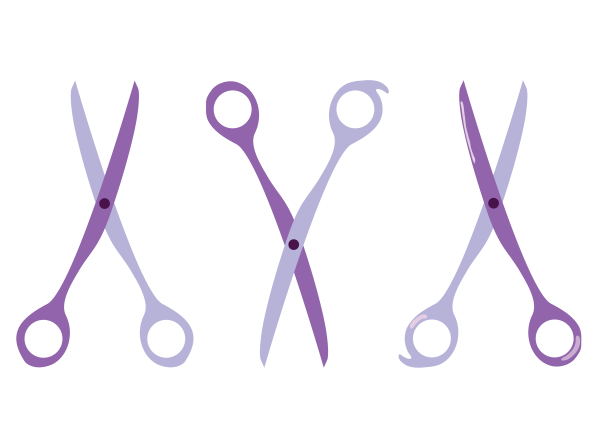
How can you trim unnecessary words and phrases?
Some unnecessary words and phrases are meaningless; some are fillers; all are over-used. Let’s expose these little demons.
Truth Be Told
Weak
Truth be told, I wasn’t sure what to do next.
Stronger
I struggled over what to do next.
The second sentence includes a strong, active verb.
I was delighted to read on several grammar sites that this phrase is considered old-fashioned and obsolete.
Ironically, it seems to be getting increasingly popular. I’ve seen it in novels by authors who otherwise write well, and it stops me every time. It’s just as intrusive in any kind of nonfiction.
You never need to point out that you’re writing the truth. It’s a mistake to do so.
Also, you begin a sentence passively when you use this phrase. Truth be told, you don’t need it.
When all is said and done
This is a meaningless phrase. All is never said and done. You can always find more to do or say. Just tune into any news site and you’ll see all of the current events dissected to their minute details. And you’ll note the journalists repeatedly rehash events. In some cases, you wonder if they are writing for people who dropped in from another planet.
If one is using “when all is said and done” to mean, “In conclusion,” use the latter phrase because it has validity. You’re indicating that you’ve come to the end of your argument or thesis.
In the end
This phrase is another unnecessary word or phrase, a companion to the one above. It’s equally unnecessary and exemplifies lazy writing.
Weak
“In the end, they agreed that getting married wouldn’t work for them.”
Stronger
“They discussed the question of marriage for days and decided that it wouldn’t work for them.”
There are
This phrase tempts me a lot. It’s another lazy one. It’s an easy way to lead into a sentence, but it’s another filler phrase. It employs a passive voice and the deceptive “there,” which should usually refer to a location.
Weak
“There are many ways to begin a sentence.”
Stronger
“Use a number of catchy phrases to begin a sentence.”
Basically
You may notice that in these selections, most of the words begin sentences. Again, this reflects lazy writing. “Basically” resembles “actually” in that it says very little. These words simply take up space that belongs to more vivid language.
I’ve heard professional speakers who include this word as often as possible. It is annoying, like “um”.
Starting to / Beginning to
For a long time, I used both of these phrases unquestioningly. I finally realized that they both had a tentative quality. Why am I starting, for example, to question the value of these phrases? I’m not starting; I AM questioning.
Eliminating “starting” and “beginning” gives a complete feeling to a statement, unless you are singing, “It’s beginning to look a lot like Christmas.”
For All Intensive Purposes
I’ll end with a phrase that is inaccurate. Someone may have intensive purposes, but they have nothing to do with this phrase.
The correct usage is “for all intents and purposes.” While we’re on the subject, though, I don’t recommend using this phrase either. What does it mean? Nothing. It’s another filler phrase that has snuck into the language. Let it sneak out along with the other unnecessary words or phrases.
Pat Iyer is a medical writer whose parents introduced her to the concept of precise language. The Language Patrol never rested, never took days off, and fulfilled its obligation to sniff out misused word and phrases
Pat Iyer mentors authors through the process of writing and publishing their non-fiction books. She’s written and/or edited 49 of her books.
Scissors image comes from my favorite source of royalty free images. I’ve used this source for several years to get high-quality images for my blogs, books, PowerPoint presentations, and more. There is a massive variety of photos, vectors, fonts, templates, and icons. Go to http://LNC.tips/images.